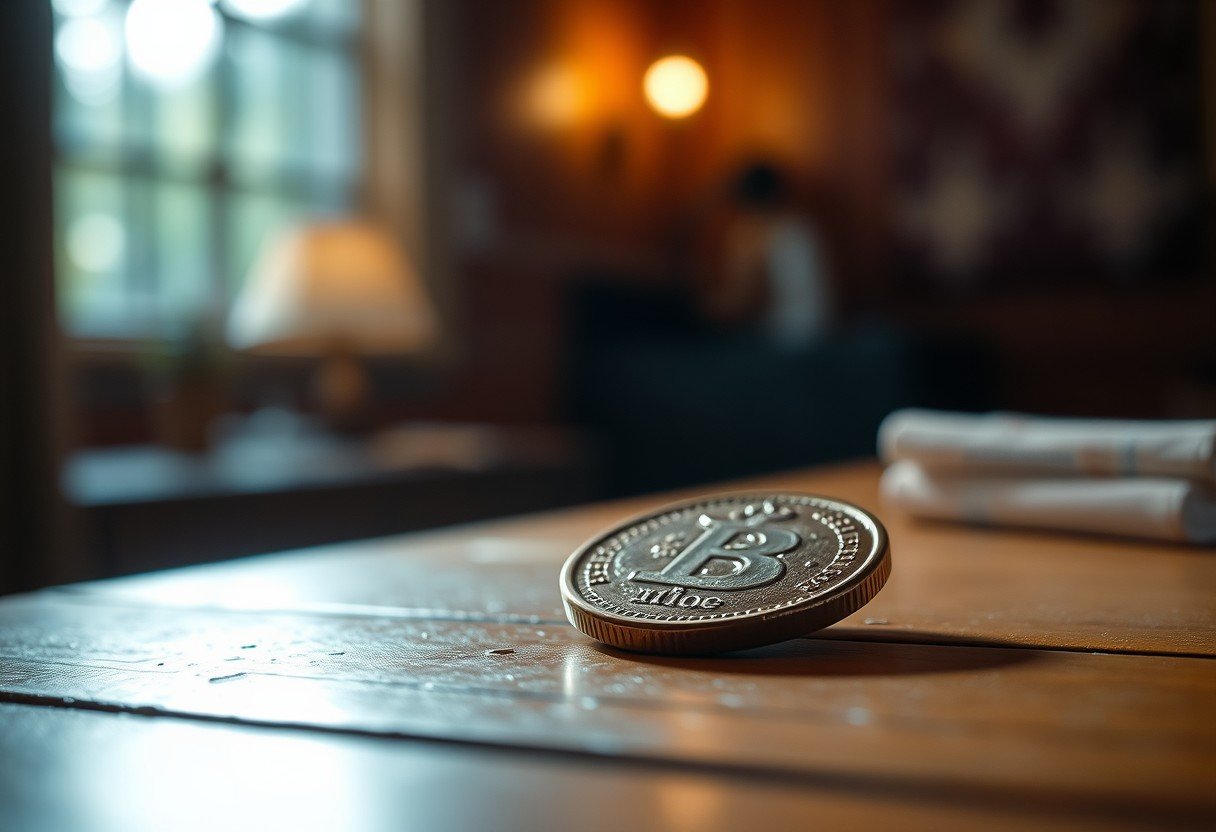Have you ever wondered about the number 41? It seems simple, but it holds a special status in the world of mathematics. The big question is whether 41 is a prime number or a composite number. The answer is straightforward: 41 is a prime number. This is because it can only be divided evenly by 1 and itself, which is the defining rule for all prime numbers. This article will break down what that means and why it matters.
What Defines a Prime Number?
To understand why 41 is prime, we first need to know what a prime number is. Think of prime numbers as the basic building blocks for all other whole numbers. A prime number is a whole number greater than 1 that has exactly two factors: 1 and the number itself.
This is a very exclusive club. For example, the number 7 is prime because you can only get it by multiplying 1 x 7. There are no other whole numbers that divide into it without leaving a remainder.
This unique property makes prime numbers fundamental in number theory. They cannot be broken down further into smaller whole number factors.
Some of the first few prime numbers you might recognize are 2, 3, 5, 7, 11, and 13. Notice that 2 is the only even prime number, as all other even numbers are divisible by 2.
The Opposite of Prime: What Is a Composite Number?
On the other side of the coin are composite numbers. A composite number is any whole number greater than 1 that is not prime. This means it has more than two factors.
For instance, the number 12 is a composite number. It can be divided evenly by 1, 2, 3, 4, 6, and 12. Since it has factors other than just 1 and 12, it is considered composite. You can create 12 by multiplying smaller numbers, like 2 x 6 or 3 x 4.
Here is a simple way to compare the two:
| Characteristic | Prime Number | Composite Number |
| Number of Factors | Exactly two (1 and itself) | More than two |
| Examples | 2, 17, 29, 41 | 4, 12, 25, 91 |
Recognizing composite numbers is just as important as identifying primes. Every composite number can be written as a unique product of prime numbers, a process called prime factorization.
How to Check if a Number Is Prime
There is a reliable method to determine if any number, including 41, is prime. You do not have to check every single number up to 41 to see if it divides evenly.
A much faster way is to check for divisibility only by prime numbers up to the square root of the number in question. The square root of 41 is approximately 6.4. This means we only need to test if 41 is divisible by the prime numbers less than 6.4.
The steps are quite simple:
- Find the square root of the number you are testing.
- List all the prime numbers that are smaller than that square root.
- Check if your number can be divided evenly by any of those smaller prime numbers.
- If it is not divisible by any of them, then your number is prime.
This shortcut saves a lot of time, especially with larger numbers, and is a standard technique used in mathematics.
Putting 41 to the Prime Number Test
Now, let’s apply the test to our number, 41. As we calculated, the square root of 41 is about 6.4. The prime numbers smaller than 6.4 are 2, 3, and 5.
First, we check the prime number 2. Is 41 divisible by 2? No, because 41 is an odd number. All even numbers end in 0, 2, 4, 6, or 8.
Next, we test the prime number 3. A quick trick to check for divisibility by 3 is to add up the digits of the number. If that sum is divisible by 3, the original number is too. For 41, the digits are 4 and 1. Their sum is 4 + 1 = 5. Since 5 is not divisible by 3, 41 is not divisible by 3 either.
Finally, we check the prime number 5. Numbers divisible by 5 must end in a 0 or a 5. Since 41 ends in a 1, it is not divisible by 5.
Because 41 is not divisible by 2, 3, or 5, we can confidently conclude that 41 is a prime number. Its only factors are 1 and 41.
Why Are Prime Numbers like 41 Important?
Prime numbers might seem like a simple math curiosity, but they are incredibly important in the real world. Their unique properties make them essential for modern technology.
One of the most significant uses of prime numbers is in cryptography, which is the science of securing information. When you buy something online or send a secure message, prime numbers are working behind the scenes. Encryption systems like RSA rely on the fact that it is extremely difficult to find the large prime factors of a composite number.
This makes our digital data, from bank account details to private messages, safe and secure. The difficulty of factoring large numbers into their prime components ensures that only the intended recipient can decode the information.
Frequently Asked Questions about Prime Numbers
Is 41 definitely a prime number?
Yes, 41 is a prime number. After testing, it has been confirmed that its only positive divisors are 1 and 41, which fits the definition of a prime number perfectly.
What is the difference between a prime and a composite number?
The main difference is the number of factors they have. A prime number has exactly two factors (1 and itself), while a composite number has more than two factors.
What are the factors of 41?
Since 41 is a prime number, it has only two factors: 1 and 41. There are no other whole numbers that can divide 41 without leaving a remainder.
Why is the number 1 not considered a prime number?
The number 1 is not prime because it only has one factor: itself. The definition of a prime number requires exactly two distinct factors. This special case helps keep mathematical theorems, like the fundamental theorem of arithmetic, consistent.
Are all odd numbers prime numbers?
No, not all odd numbers are prime. For example, 9 is an odd number, but it is composite because it can be divided by 3 (in addition to 1 and 9). Many odd numbers, like 15, 21, and 25, are composite.








Leave a Comment